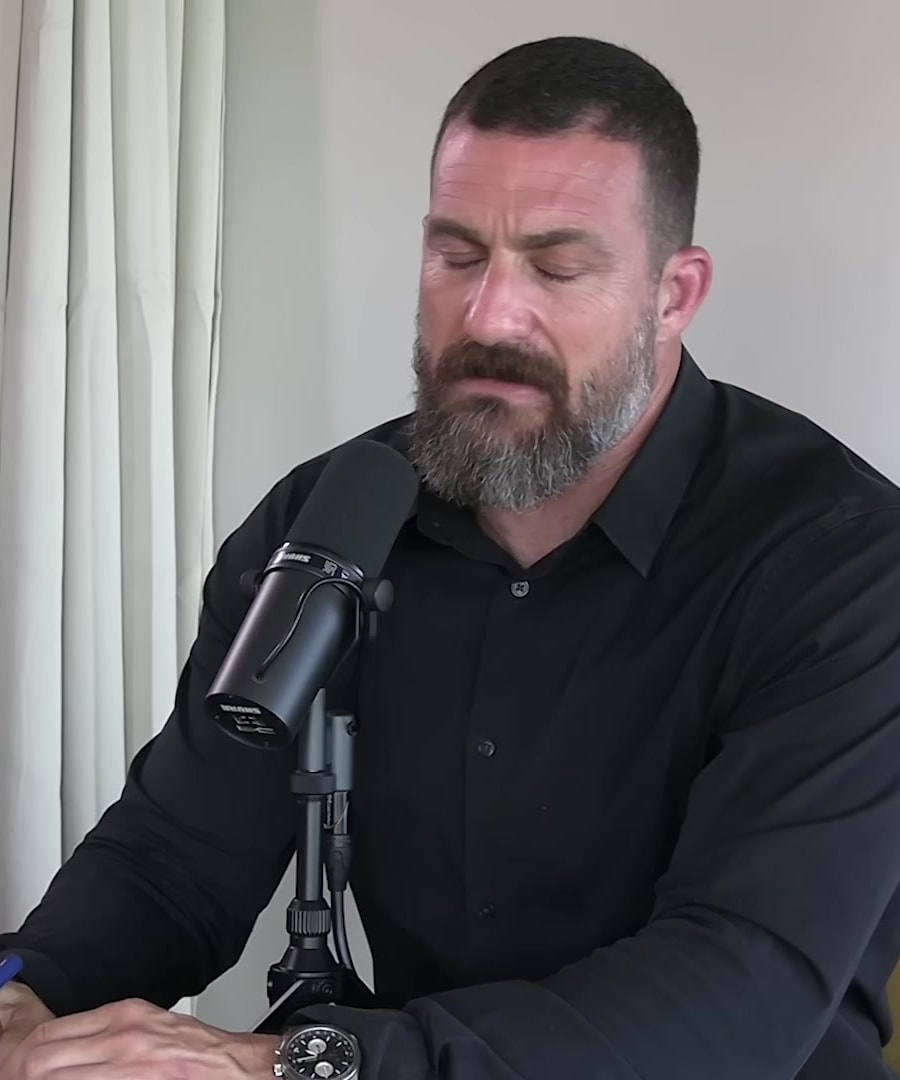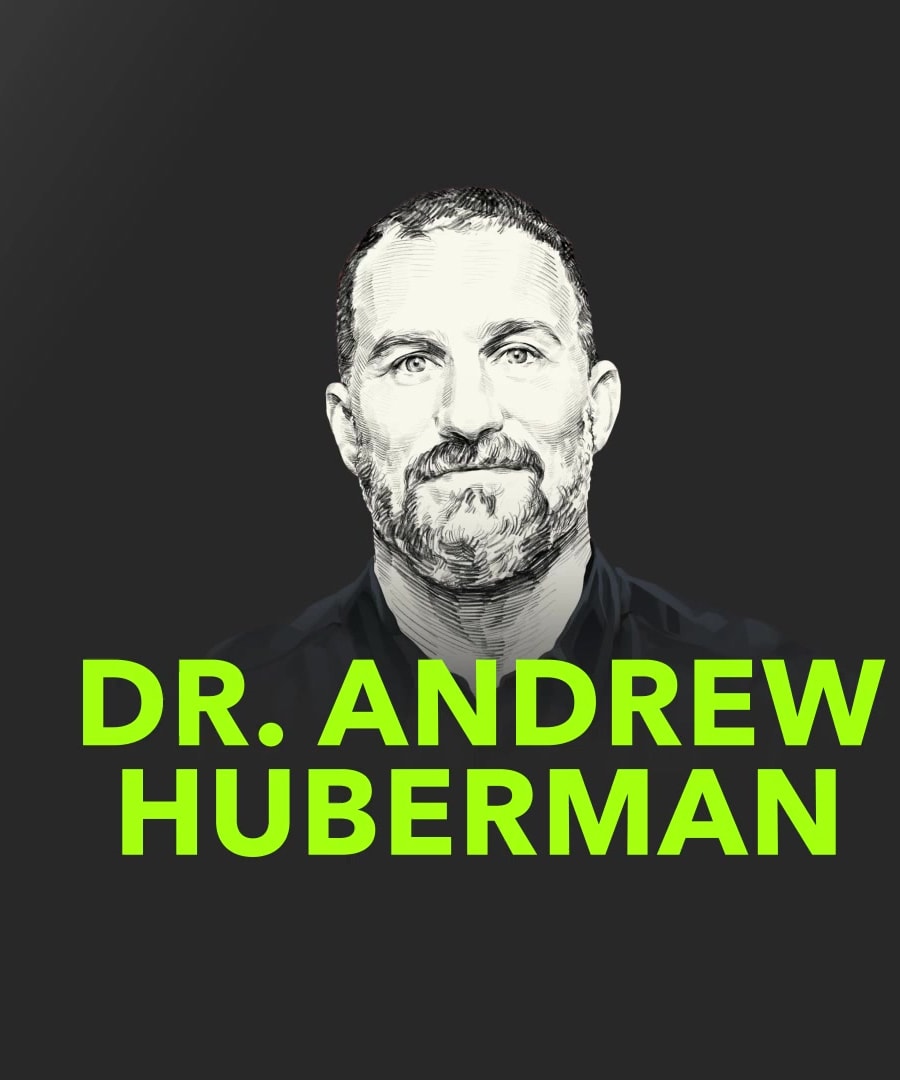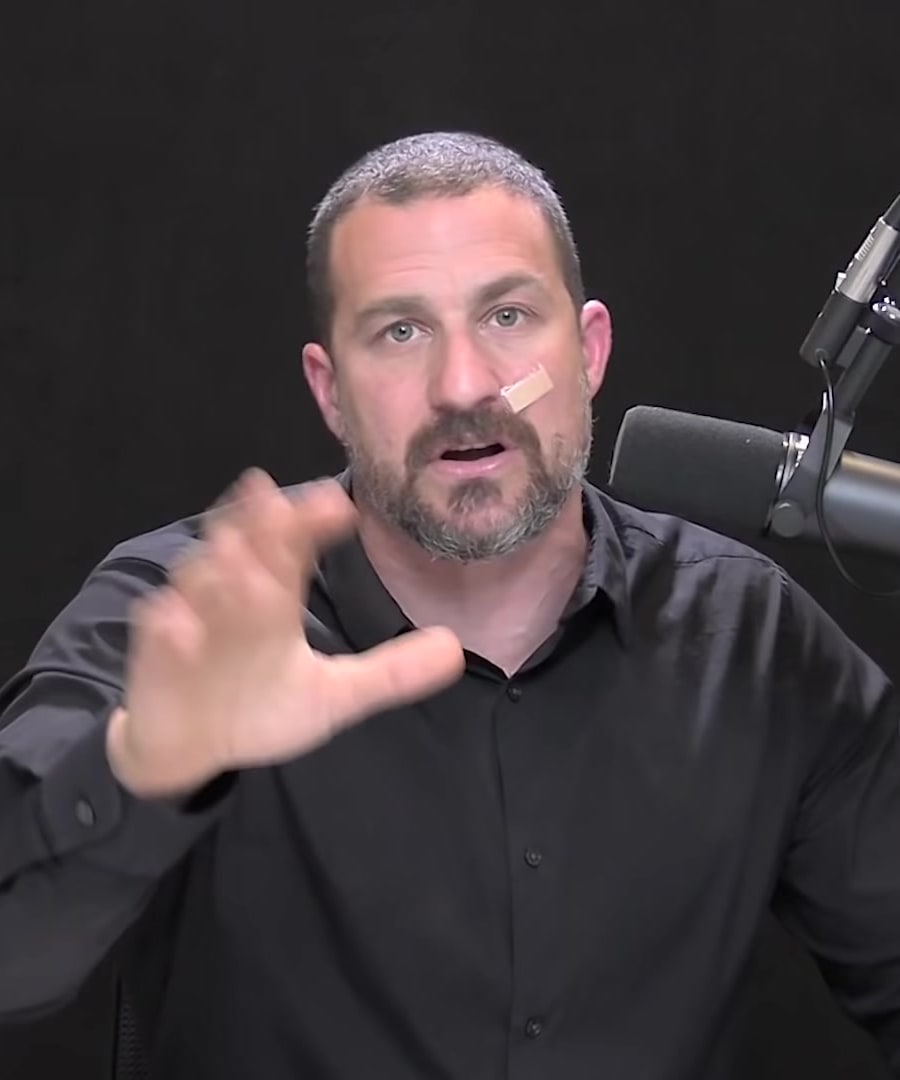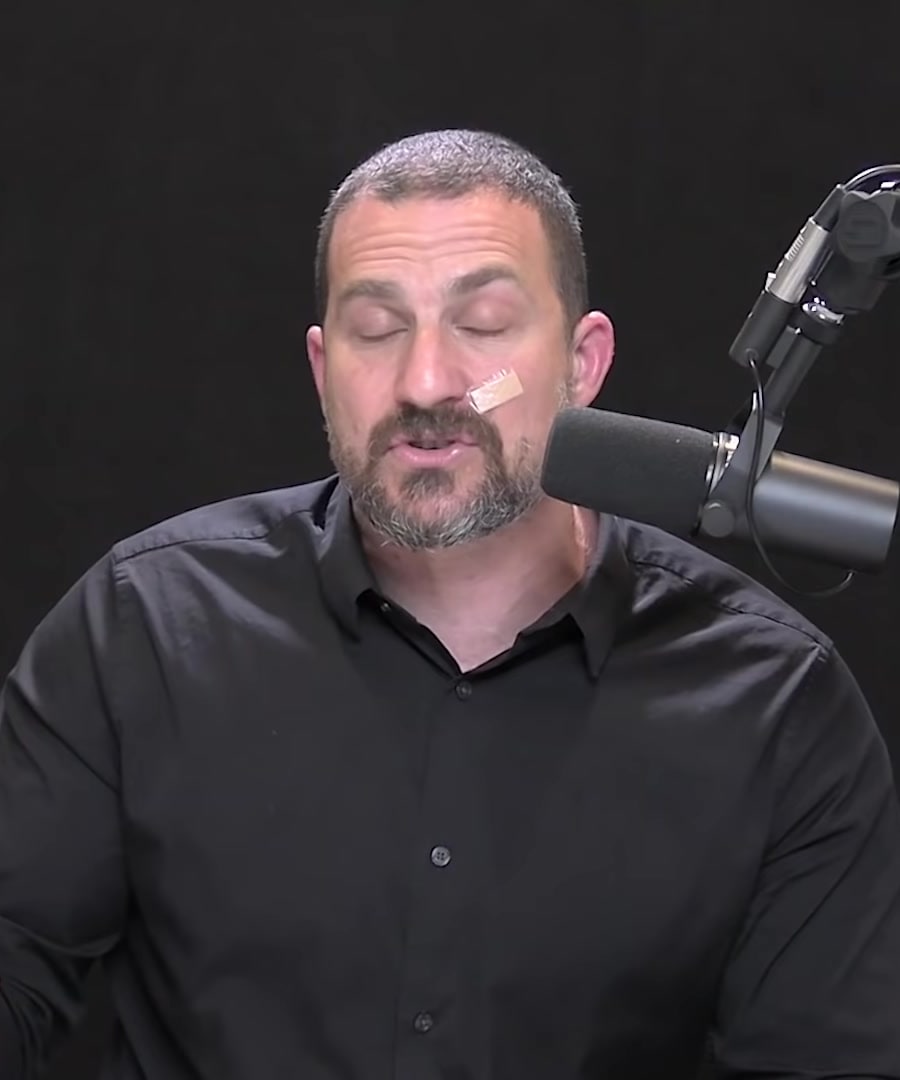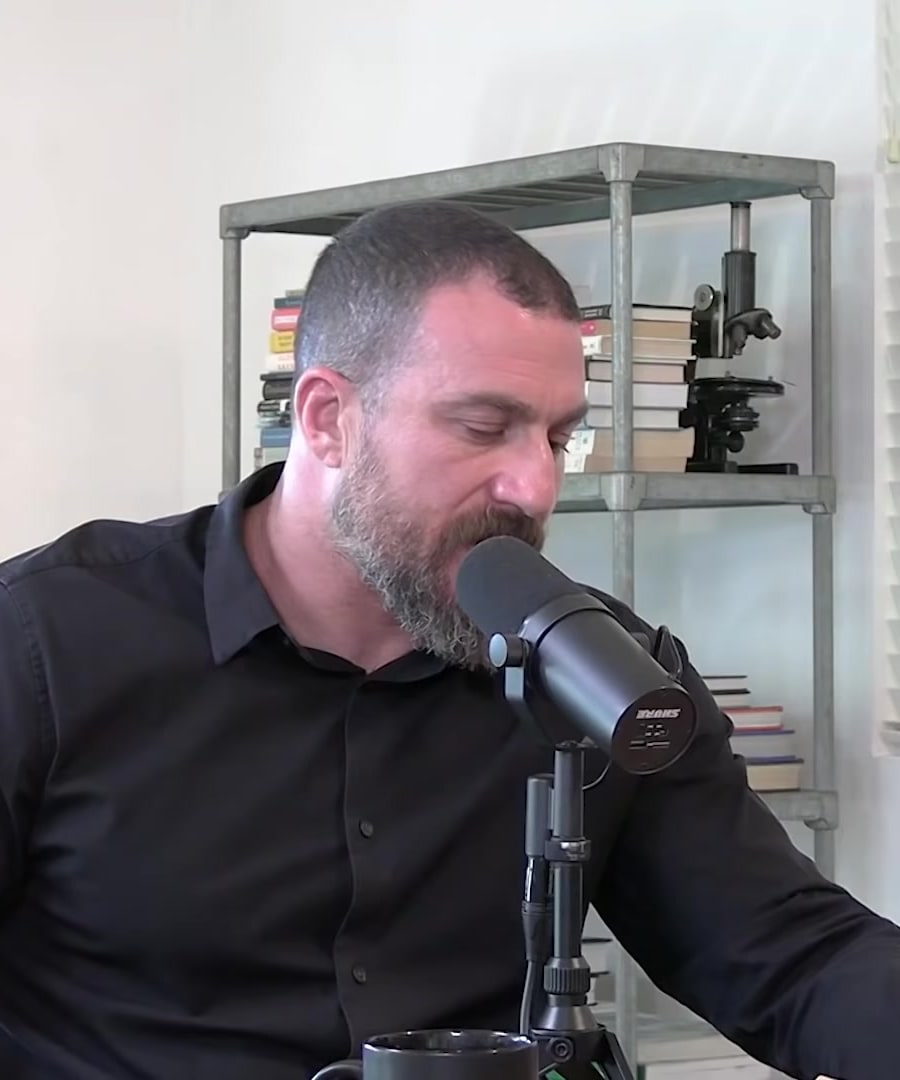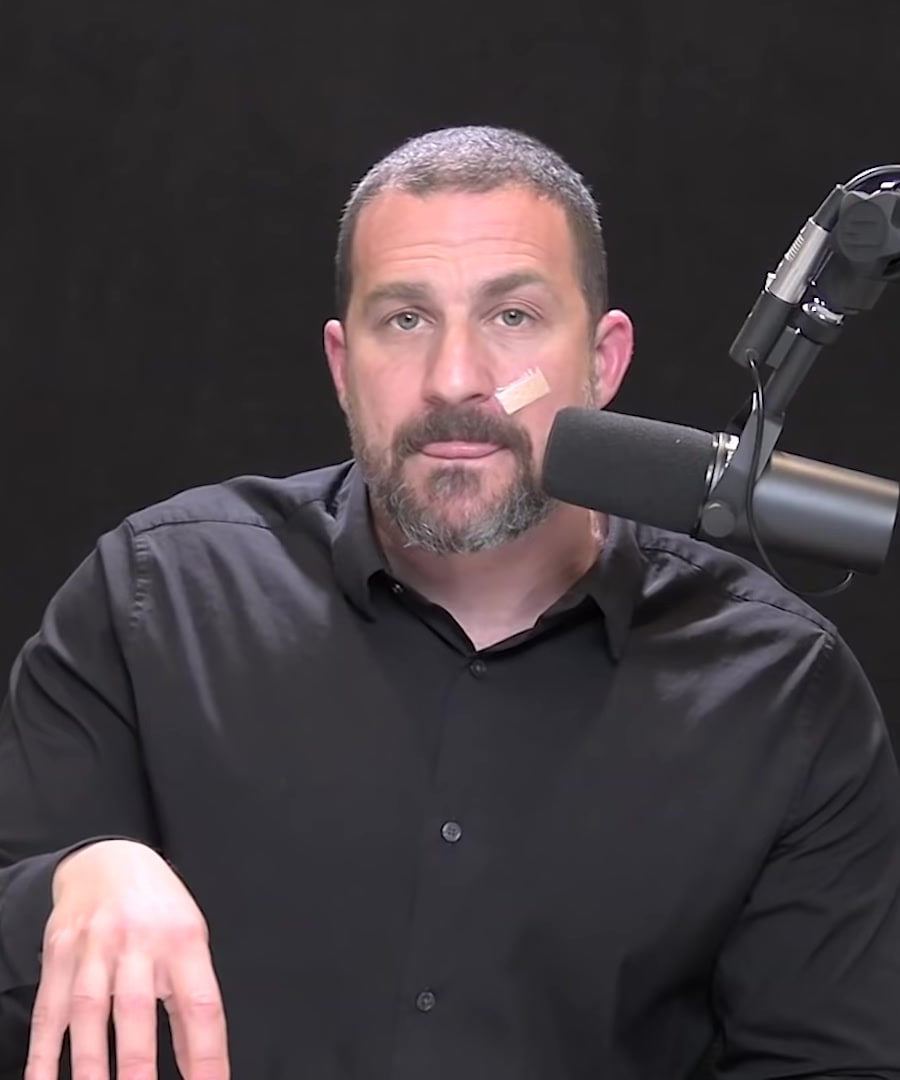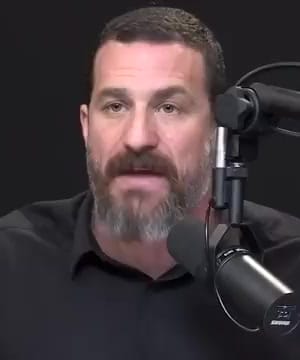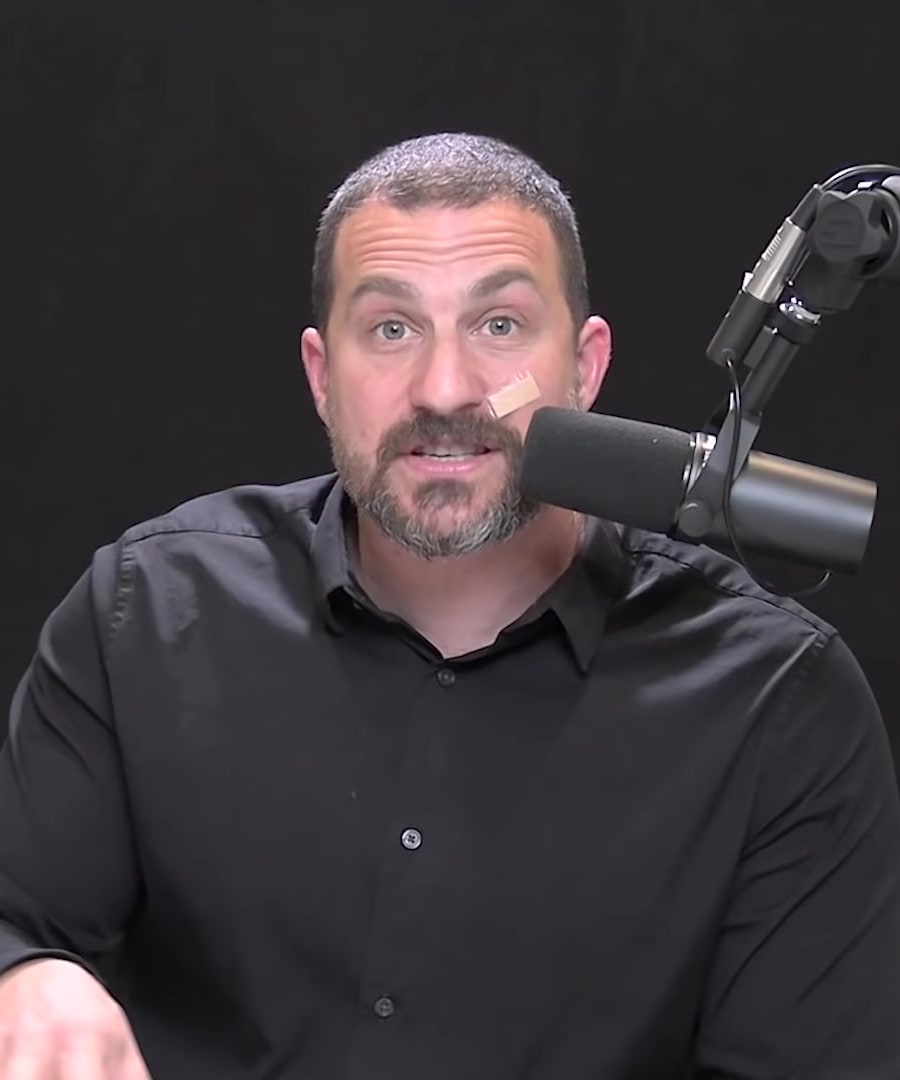intelligence
Sources:
The has featured various experts who've discussed intelligence in the context of their respective fields. Some of these persons include:
- , cognitive scientist
- , AI researcher at MIT and podcaster
- , neuroscience professor and author
- , philosopher and neuroscientist
- , neurosurgeon and co-director at UCSF
- , professor at Rockefeller University
- , neuroscience professor and dean at NYU
- , head neurosurgeon at Neuralink
If you'd like to know more about intelligence, its development, and its mechanisms, exploring the episodes featuring these persons on the podcast would provide valuable insights.
RELATED QUESTIONShow to increase testosterone to the max
Sources:
To maximize testosterone levels, the discusses several strategies and considerations:
-
Body Composition
-
Nutrition and Supplements
- Vitamin D replacement can optimize testosterone if an individual is deficient 2.
- Boron at 5-12 mg per day can transiently lower sex hormone-binding globulin (SHBG) if levels are high 2.
- Tongkat ali (400 mg/day) can reduce SHBG or directly increase androgen release 3 4 5.
- Fadogia agrestis can enhance levels of luteinizing hormone to stimulate testosterone production 4 5.
-
Exercise
- Resistance training, especially with heavy loads but not to failure, increases testosterone for about 48 hours 6.
- High-intensity interval training (HIIT) boosts testosterone levels 7.
- Endurance exercise beyond 75 minutes can reduce testosterone due to increased cortisol, so limit endurance sessions or perform them after weight training for optimal hormone response 7.
-
Lifestyle
-
Medical Intervention
- For those considering testosterone replacement therapy (TRT), approaches like low-dose and frequent injections under a doctor's supervision might be beneficial for hypogonadal patients 8.
Before implementing these strategies, individuals are encouraged to work with a healthcare provider to assess personal health circumstances and guarantee safe practices.
RELATED QUESTIONS-
How does sleep and stress management affect testosterone levels?
Sources:
Sleep and stress management are key factors in maintaining and potentially optimizing testosterone levels:
-
Sleep and Testosterone:
-
Stress and Testosterone:
- Cortisol competes with cholesterol to be converted either into stress hormones or testosterone, and too much cortisol can reduce testosterone 3.
- Chronic stress should be kept to a minimum as it indirectly affects testosterone levels, with high stress potentially diverting resources away from testosterone production 4 5.
-
Hormonal Changes in Response to Life Events:
- Significant life events such as becoming an expecting father can cause hormonal changes, including a decrease in testosterone levels, highlighting the complex interaction between lifestyle, stress, and hormone regulation 6.
Therefore, it's vital to manage stress effectively and ensure adequate, quality sleep for optimal testosterone levels.
RELATED QUESTIONS-
How much stress is the minimum level required to decrease testosterone
It appears there are no specific clips discussing a minimum level of stress required to decrease testosterone levels. The relationship between stress and testosterone is complex and can be highly individual, with factors like the duration, perception, and resilience to stress playing important roles.
For a more detailed understanding, it might be helpful to look at patterns and studies illustrating how stress impacts hormonal balance over time. This information could potentially be found in a comprehensive review of relevant from the .
RELATED QUESTIONS
intelligence
- RELATED QUESTIONS
how to increase testosterone to the max
- RELATED QUESTIONS
How does sleep and stress management affect testosterone levels?
- RELATED QUESTIONS
How much stress is the minimum level required to decrease testosterone
- RELATED QUESTIONS

